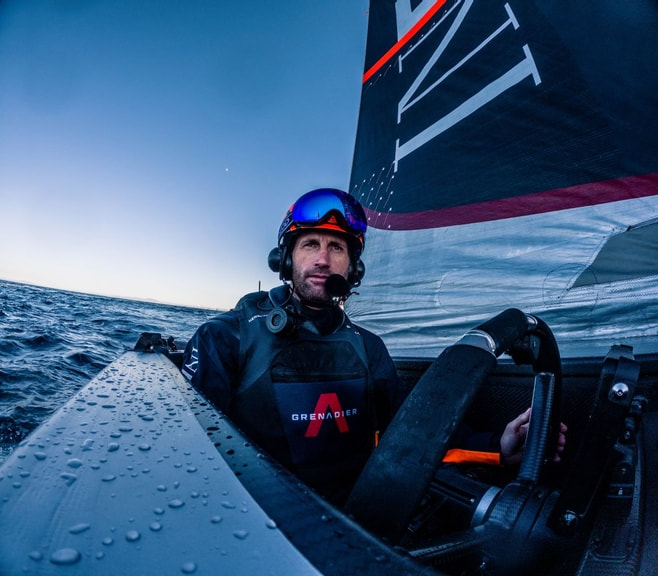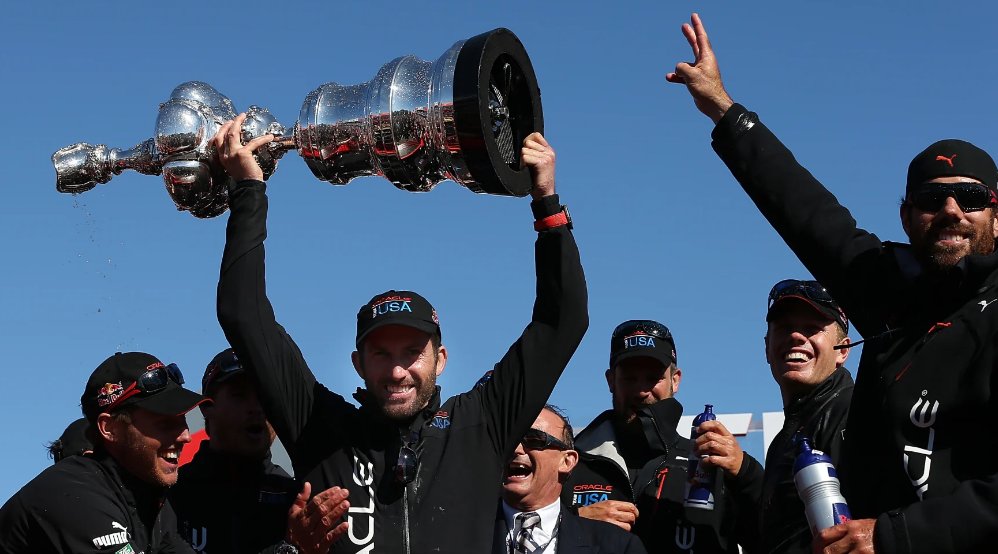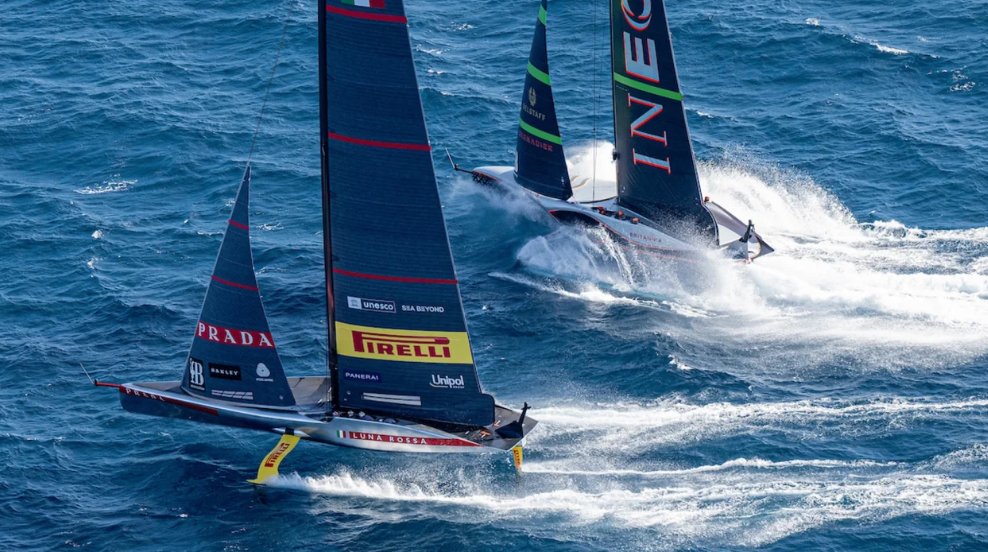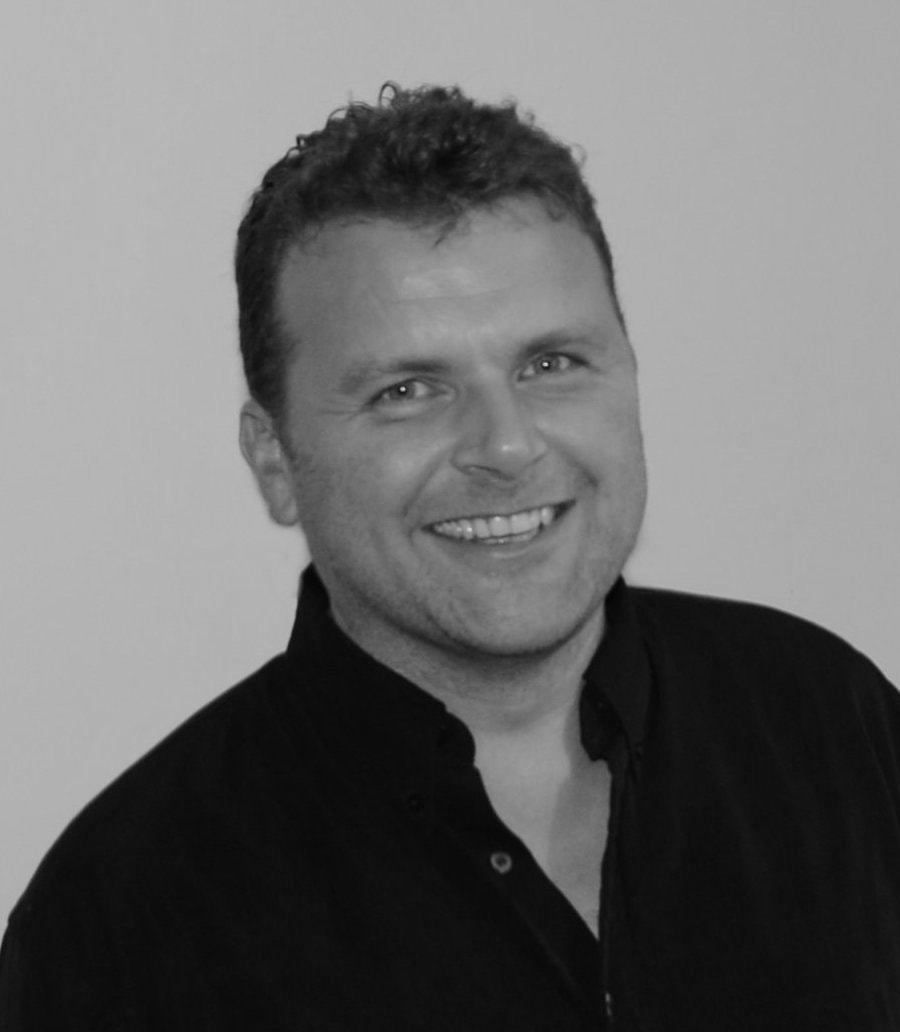|
When a sporting great is ‘in the Zone’ it’s an experience of pure athletic alchemy. All the doubts thrown up by the conscious mind disappear, allowing all the long years of practice to soar back out in a blissful moment of apparent magic. This is when things just work – indeed the outer world seems to cooperate with every inner whim. At extremes, time obliges by slowing down. Space can also flex as you become one with your equipment, your surroundings and even the entire universe. No matter how pressured the occasion or how huge the crowds, it’s usually a peaceful experience too, hence the spread of techniques like meditation to help sportspeople find this elusive nirvana when it matters. Over seven years of research for In The Zone I met hundreds of legends of everything from athletics to boxing, gymnastics to skydiving. For most, the secret is to find calm amid all the intensity. Yet there are exceptions, and the most high-profile of all comes from sailing. ‘They’ve made me angry and you don’t want to make me angry…’ These words, paraphrasing David Bruce Banner in 1970s television’s The Incredible Hulk, capture much of what makes the greatest sailor in Olympic history tick. Ben Ainslie is a rare example of a sportsman who thrives on getting mad and usually even. You’d imagine Denmark’s Jonas Høgh-Christensen might have known that. Six races into the Finn class of the 2012 Olympic sailing regatta, with Ainslie chasing a record fourth straight gold, the Dane had beaten him in every race. Then he ganged up with Dutchman Pieter-Jan Postma to force the home hero into a precautionary penalty turn. Big mistake. After Ainslie threatened to turn green, he began another stunning run for gold. Maybe Høgh-Christensen should have listened in on my chat with the Briton a month earlier… ‘Normally when I’m under pressure or I get angered by something, it seems to bring out the best in me,’ Ainslie told me. ‘I don’t necessarily know why that is. But it’s a good trait to have because that’s what often happens. For some people, if they get put off their natural stride they just fall apart. But anger works as a trigger for me. It just makes me want to do better or try harder and normally that’s the case.’ Ainslie first got ‘angry’ when he was herded to the back by Brazil’s Robert Scheidt in the penultimate race of the 1996 Olympics. Then something ‘clicked’ in the young debutant, who started flying as he seethed, gaining 15 places but falling short of gold – for the only time, as it turned out. Ainslie received death threats when he returned the favour four years later but ‘from then on the gloves were off…’ Anger management course? No thanks… it is Ainslie’s preferred route to the Zone. Competitive sailing is so tactical it is rarely about just getting as quickly as possible from A to B by sea, yet even this game of maritime chess doesn’t stop the magic. ‘That peak performance comes when everything comes together at the same time, when you’re really at one with the boat, the conditions and yourself,’ adds Ainslie. ‘It doesn’t happen often, but when it does it’s a great feeling. It’s definitely possible to get in the Zone in a tactical battle too. That’s when the training comes in and you sail the boat on autopilot because your mind is so focused on the tactical ramifications of what you need to do next. You might not sail at 100 per cent but you can be at a very high level even without thinking about it.' The Briton has already won the America’s Cup once, having sparked one of sport’s all-time great comebacks as tactician for Oracle Team USA in 2013. His home nation has never matched the feat in 173 years of attempts, despite its long-time claims of ‘ruling the waves’.
Ainslie has himself led British teams twice before without success but this week he is finally aiming to rectify that, skippering the Ineos-backed Britannia in a best-of-13 series against reigning champions Team New Zealand in Barcelona. How revved up is he already feeling at the prospect? Funnily enough Ainslie is known for his placid personality on dry land; it’s only the sea that fires him up. Yet he insists age and experience have blurred the edges between his Jekyll and Hyde. ‘When I was younger I was a bit of a hothead on the water,’ adds Ainslie, ‘but on land I was so shy I wouldn’t speak to anyone – partly because of the problems I had at school, where I was bullied. That had a marked effect on me: I felt I needed to prove myself and it made me fiercely determined to be successful. As I’ve got older the two personalities have merged. Now I’m more confident on land and I’m calmer on the water, which helps.’ After decades of sailing solo, Ainslie acknowledges the biggest challenge in the team environment is getting everyone to peak at the same time. ‘It’s no good an individual trying to do one thing on this own ten times better than the rest,’ he adds. ‘It’s a collective output so it’s about getting everyone working together to a similar level where they can all operate. Then you start getting somewhere.’ One final piece of advice for Team New Zealand: try not to make them angry.
0 Comments
|
AuthorClyde Brolin spent over a decade working in F1 before moving on to the wider world of sport - all in a bid to discover the untapped power of the human mind. Archives
October 2024
Categories
All
|





 RSS Feed
RSS Feed

